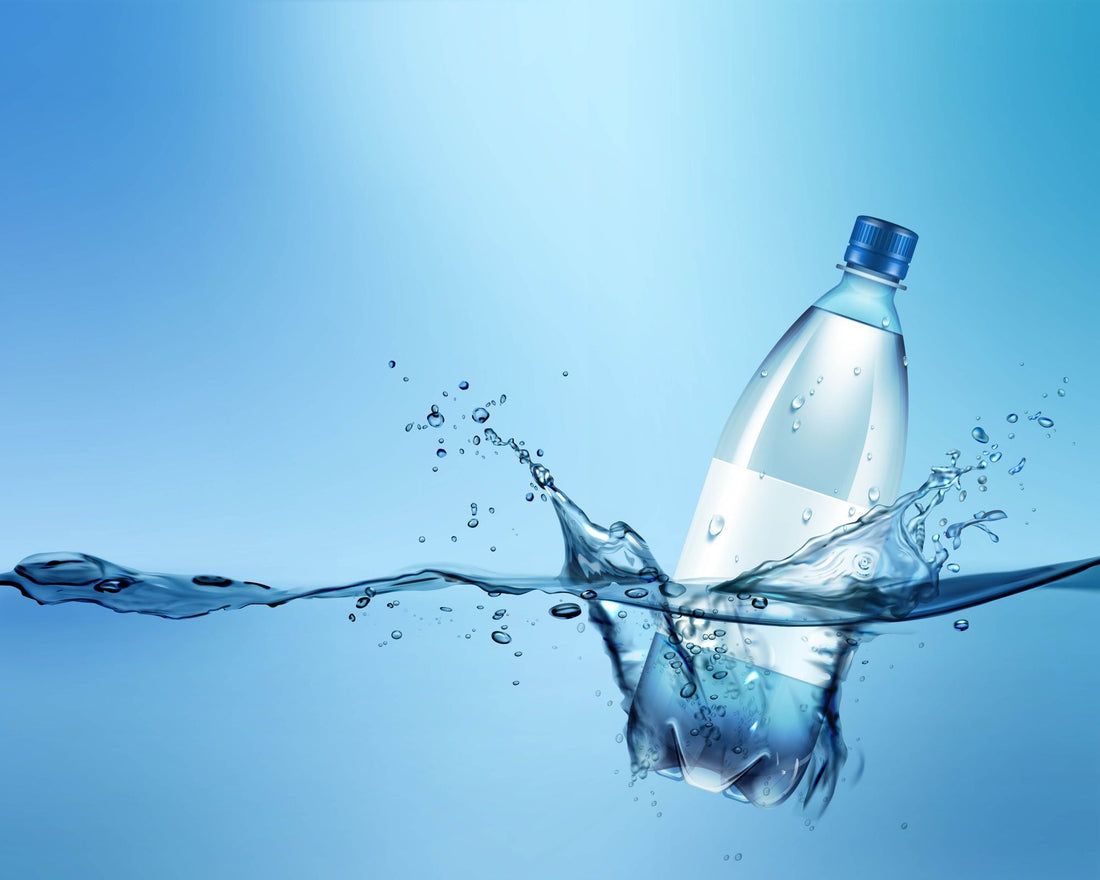Hydration is the cornerstone of athletic performance. Whether you're sprinting down a track, powering through a gym session, or enduring a marathon, water keeps your body firing on all cylinders. But not all water is created equal. For athletes, mineral water stands out as a superior choice, offering more than just hydration—it delivers essential minerals that fuel strength, stamina, and recovery. In this 1000-word guide, we’ll dive into why mineral water athletes should embrace, how it enhances performance, and even explore the practical side of sourcing athletes mineral water wholesale. Let’s quench your thirst for knowledge and power up your game.
Why Mineral Water Matters for Athletes
Water makes up about 60% of the human body, but for athletes, it’s more than a statistic—it’s a lifeline. During intense exercise, you lose water and electrolytes through sweat at a staggering rate. Studies show that losing just 2% of your body weight in fluid can impair performance, while dehydration beyond 5% can lead to heat exhaustion or worse. Plain water replenishes fluids, but it doesn’t replace the sodium, potassium, magnesium, and calcium swept away in every drop of perspiration.
Enter mineral water athletes swear by. Naturally sourced from underground springs, mineral water is infused with these vital electrolytes straight from the earth. Unlike tap water or even some filtered varieties, mineral water contains a consistent mineral profile—think of it as nature’s sports drink, minus the sugar and artificial additives. For instance, a liter of mineral water might deliver 100-200 mg of sodium and 20-50 mg of magnesium, depending on the source. These numbers might seem small, but they add up over hours of training, keeping cramps at bay and muscles primed.
The Science of Strength and Stamina
Athletes mineral water isn’t just a trendy hydration hack—it’s backed by science. Magnesium, a star player in mineral water, supports over 300 enzymatic reactions in the body, including energy production and muscle contraction. A 2017 study in the Journal of the International Society of Sports Nutrition found that athletes with higher magnesium intake experienced less muscle fatigue and faster recovery times. Potassium, another mineral water staple, regulates fluid balance and nerve signals, ensuring your legs don’t give out mid-race.
Calcium isn’t just for bones—it’s critical for muscle function too. During a workout, calcium ions trigger muscle fibers to contract. Low levels can lead to weakness or even tetany, a painful locking of muscles. Sodium, meanwhile, maintains blood volume and pressure, preventing that dizzy, depleted feeling after a sweaty session. Together, these minerals form a hydration powerhouse that plain water simply can’t match. For mineral water athletes, every sip is a step toward staying strong.
Natural vs. Enhanced: Choosing Your Mineral Water
Not all mineral water is the same, and athletes need to know the difference. Naturally occurring mineral water comes from protected underground sources, like volcanic springs or glacial runoff, where it picks up its mineral content over centuries. Brands like Evian or San Pellegrino boast mineral profiles shaped by geology—Evian, for example, offers 360 mg/L of total dissolved solids, including 80 mg/L of calcium. This natural purity appeals to athletes who want hydration without synthetic interference.
Then there’s enhanced mineral water, where manufacturers add electrolytes to purified water. Think of brands like Smartwater or Core Hydration. These can be tailored for specific needs—say, extra sodium for endurance runners—but they lack the natural complexity of spring-sourced water. For athletes mineral water wholesale buyers, natural options often edge out in authenticity and taste, though enhanced versions can be more budget-friendly for teams or gyms. The choice depends on your goals: purity or precision.
Hydration Habits for Peak Performance
So, how should mineral water athletes integrate this into their routine? Timing and quantity matter. The American College of Sports Medicine recommends drinking 500-600 mL of fluid 2-3 hours before exercise, followed by 200-300 mL every 20 minutes during activity. For mineral water, this ensures a steady mineral supply without overloading your stomach. Post-workout, aim for 1.5 times the fluid lost—about 750 mL for every 500 g of body weight dropped—paired with a mineral-rich snack like a banana.
Taste plays a role too. Mineral water’s slight tang can make hydration more enjoyable than chugging flavorless tap water, encouraging consistency. Some athletes even chill it with a slice of lemon for a refreshing twist. The key is to listen to your body—thirst is a late signal of dehydration, so sip proactively. For those buying athletes mineral water wholesale, stocking up on liter bottles ensures you’re never caught dry.
The Economic Edge of Wholesale Mineral Water
Speaking of stocking up, let’s talk logistics. Athletes mineral water wholesale options are a game-changer for serious competitors, teams, or fitness centers. Buying in bulk cuts costs—retail prices for premium mineral water can hit $2-$3 per liter, while wholesale deals might drop that to $1 or less. A case of 24 bottles could save you 30-50% over time, leaving more budget for gear or nutrition.
Wholesale also means convenience. Imagine a triathlon team hauling crates of mineral water to a race—each athlete gets their share without scrambling for last-minute store runs. Suppliers like Costco or specialty distributors often carry brands with athlete-friendly mineral profiles, such as Fiji (high in silica) or Voss (low in sodium but crisp). For mineral water athletes training daily, this reliability translates to uninterrupted performance gains.

Beyond Hydration: Unexpected Benefits
Mineral water does more than hydrate—it subtly boosts overall health. Its alkaline nature (often pH 7.4 or higher) may help buffer lactic acid buildup, easing post-exercise soreness. A 2016 study in Evidence-Based Complementary and Alternative Medicine suggested that alkaline water could improve anaerobic performance, though more research is needed. Silica, found in some mineral waters like Fiji, supports joint and connective tissue health—crucial for athletes prone to wear and tear.
Even digestion gets a lift. Carbonated mineral water, like Perrier, stimulates gastric motility, which can settle stomachs after a protein-heavy meal. For athletes juggling intense training and strict diets, these perks are a bonus. It’s hydration with a purpose, turning every gulp into a multi-tasking ally.
Making Mineral Water Your MVP
Ultimately, mineral water athletes choose isn’t just about quenching thirst—it’s about optimizing every aspect of their craft. From replacing lost electrolytes to supporting muscle function and recovery, it’s a natural edge in a competitive world. Whether you’re a solo runner or part of a team sourcing athletes mineral water wholesale, the benefits are clear: stay hydrated, stay strong.
Start small—swap one daily water bottle for a mineral-rich alternative and track how you feel. Experiment with brands to find your perfect mineral match. Over time, you’ll notice the difference in endurance, power, and resilience. Water isn’t just a necessity; for athletes, it’s a weapon. Wield it wisely, and let mineral water propel you to your next victory.
Elevate your athletic performance with BoostedOxygenWater, the ultimate mineral water for athletes! Sourced from pristine springs, our water is packed with essential electrolytes like magnesium, potassium, and calcium to keep you hydrated and strong. Perfect for teams, gyms, or solo competitors, BoostedOxygenWater offers unbeatable wholesale pricing—save up to 50% on bulk orders and fuel your success without breaking the bank. Naturally pure and refreshingly crisp, it’s the edge every athlete needs. Ready to stock up? Schedule a call today and discover how BoostedOxygenWater can power your performance!
Reference:
1. Ashadi, K., Fachri, R., Siantoro, G., Kusuma, D., Hariyanto, A., & Kusuma, I. (2018). Comparison of knowledge and hydration awareness on adolescent soccer athletes.. https://doi.org/10.2991/miseic-18.2018.2
2. Ayotte, D. and Corcoran, M. (2018). Individualized hydration plans improve performance outcomes for collegiate athletes engaging in in-season training. Journal of the International Society of Sports Nutrition, 15(1). https://doi.org/10.1186/s12970-018-0230-2
Ceylan, B., Taşcan, M., Šimenko, J., & Balcı, Ş. (2022). Habit or lack of education? hypohydration is present in elite senior judo athletes even during a weight-stable training camp. International Journal of Sports Science & Coaching, 18(6), 2189-2197. https://doi.org/10.1177/17479541221122433

